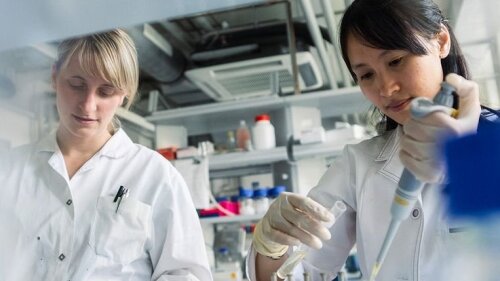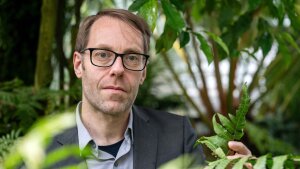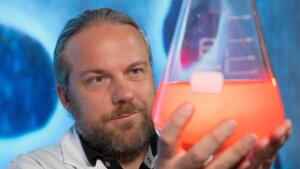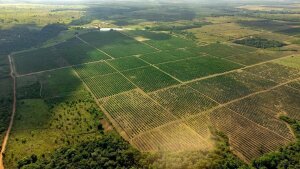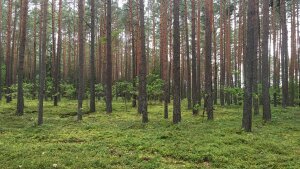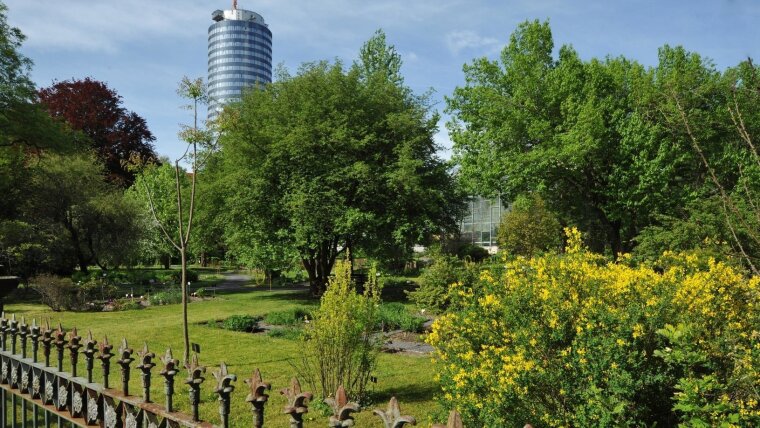
Botanical Garden
The Faculty of Biological Sciences represents a broad variety of biological disciplines as well as the nutritional sciences and pharmacy. Famous scholars such as the botanist Matthias Jacob Schleiden (1804-1881) and the zoologist Ernst Haeckel (1834-1919) worked here with their sunny and dark sides.
The Faculty of Biological Sciences cooperates with other faculties of the Friedrich Schiller University and non-university research institutes of the Max Planck Society and the Leibniz Association in several coordinated research projects. These projects are part the Cluster of Excellence "Balance of the Microverse" funded by the German Research Foundation.
